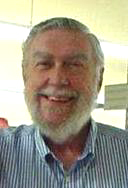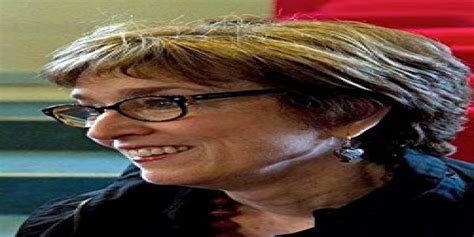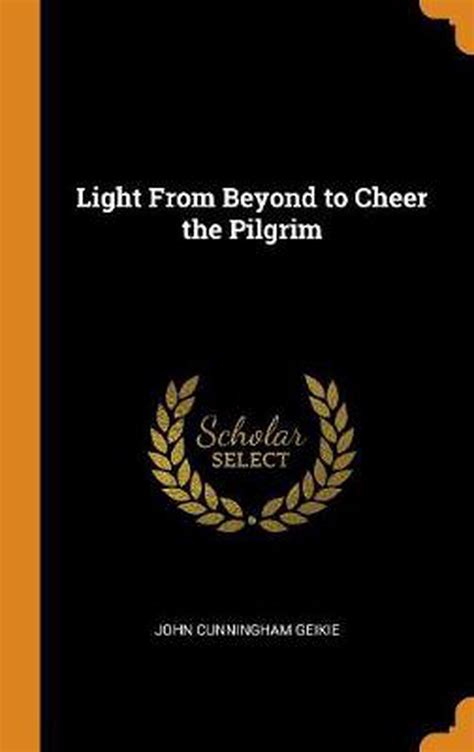A Quote by Allen W. Wood
We can treat human responses to cognitions as involving law-like connections grounded on free choices which show themselves in our character.
Related Quotes
Once you accept the fact that people have 'individual choices' and they're 'free' to make those choices. Free to make choices means without being influenced and I can't understand that at all. All of us are influenced in all our choices by the culture we live in, by our parents, and by the values that dominate. So, we're influenced. So there can't be free choices.
The Christian is free from all other human beings. He does not have to live over against others, controlled by their actions and responses. Rather, he lives according to Christ's commands. This is Christian freedom. It is a freedom unknown by others. It is not just when others do the things that we like that we act properly toward them; we are free to do good even when they don't because our actions are not dependent on their responses. It is the Lord Christ when we serve!
Today, I marvel at the vegan foods in the supermarket, at the cruelty-free clothing choices in stores, and at the fantastic alternatives to dissection in schools, the modern ways to test medicines without killing rabbits and beagles, the many forms of entertainment involving purely human performers.
There is a very common, though also very silly, picture of Kant according to which as empirical beings we are not free at all, and we are free only as noumenal jellyfish floating about in an intelligible sea above the heavens, outside any context in which our supposedly "free" choices could have any conceivable human meaning or significance. Part of the problem here is that Kant faces up honestly to the fact that how freedom is possible is a deep philosophical problem to which there is no solution we can rationally comprehend.
It was fun figuring out the science of the world as much as we wanted to figure out, and then playing fast and loose in other places. Which we do with our show in general. One of the things we love about the BoJack Horseman show is that we can always fall back on, "It's a ridiculous cartoon." And it is! It's a serious, relationship-based grounded character tragedy, but it is also a ridiculous cartoon.
It is now generally accepted that the roots of our ethics lie in patterns of behavior that evolved among our pre-human ancestors, the social mammals and that we retain within our biological nature elements of these evolved responses. We have learned considerably more about this responses, and we are beginning to to understand how they interact with our capacity to reason.
The inspiration of a noble cause involving human interests wide and far, enables men to do things they did not dream themselves capable of before, and which they were not capable of alone. The consciousness of belonging, vitally, to something beyond individuality; of being part of a personality that reaches we know not where, in space and time, greatens the heart to the limit of the souls ideal, and builds out the supreme character.
The way we treat people we think can't help or hurt us - like housekeepers, waiters, and secretaries - tells more about our character than how we treat people we think are important. How we behave when we think no one is looking or when we don't think we will get caught more accurately portrays our character than what we say or do in service of our reputations.

































